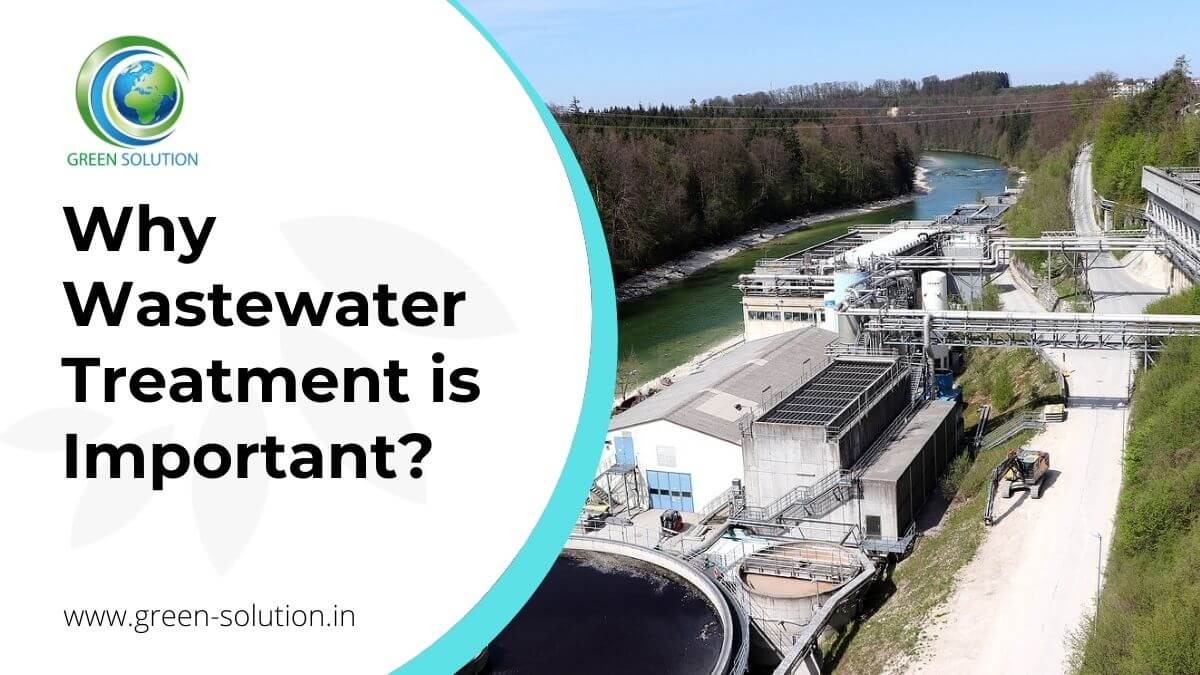The Greatest Guide To Reclaim Waste
The Greatest Guide To Reclaim Waste
Blog Article
4 Simple Techniques For Reclaim Waste
Table of ContentsThe Basic Principles Of Reclaim Waste The Greatest Guide To Reclaim WasteReclaim Waste for DummiesThe Buzz on Reclaim WasteNot known Factual Statements About Reclaim Waste
Explore the types, events, and kinds of fluid waste. Residential sewer waste refers to the waste and products from a domestic septic system. This type of waste is produced by human beings in homes, schools, and other structures. This only consists of sewage-disposal tanks that have a drainpipe area. The proper management and disposal of domestic sewer waste need liquid waste to be transferred to a sewer therapy plant where the correct methods and devices are applied to purify and deal with waste.
Business waste commonly consists of potential hazards, such as combustible materials or a mixture of fluid and solid waste items, and calls for an advanced and in-depth disposal process. The disposal of business waste normally includes the filtering of waste before transportation to ensure risk-free and proper disposal. Industrial waste is developed from by-products and overflow of commercial procedures and production.
This kind of waste can not utilize the exact same sewer monitoring transport or processes as septic or commercial fluids. The hazardous waste administration process requires the examination and testing of liquid waste prior to it goes through the disposal procedure (liquid waste disposal melbourne). Overflow waste is the fluid waste that comes from overflow and excess stormwater in extremely booming locations or cities
Overflow waste can cause contamination and flooding if not taken care of effectively. Ensuring correct waste management can prevent calamities and reduce environmental harm.
Some Ideas on Reclaim Waste You Need To Know
Contact PROS Services today to find out about our waste management and disposal services and the correct methods to look after the liquid waste you generate.
(https://www.provenexpert.com/reclaim-waste/)This supposed 'wastewater' is not only a crucial resource yet, after therapy, will be launched to our land, waterways or the ocean. Made use of water from bathrooms, showers, bathrooms, kitchen area sinks, washings and industrial processes is recognized as wastewater.

water used to cool equipment or tidy plant and equipment). Stormwater, a kind of wastewater, is drainage that streams from agricultural and city areas such as roof coverings, parks, gardens, roads, paths and seamless gutters into stormwater drains pipes, after rain. Stormwater moves without treatment straight to neighborhood creeks or rivers, eventually reaching the ocean.
Reclaim Waste - Questions
In Queensland, the majority of wastewater is dealt with at sewer treatment plants. Wastewater is transferred from domestic or industrial sites via a system of drains and pump terminals, called sewerage reticulation, to a sewage treatment plant. Local governments build, maintain and run most sewer therapy plants. Operators are certified under the Environmental Management Act 1994 to discharge treated wastewater at an appropriate ecological requirement into waterways.
The Division of Natural Resources recommends city governments concerning handling, operating and maintaining sewerage systems and treatment plants. In unsewered areas, neighborhood federal governments might need householders to set up private or household sewage treatment systems to deal with domestic wastewater from toilets, kitchens, bathrooms and laundries. The Department of Natural Resources authorizes making use of household systems when they are confirmed to be effective.
In some new neighborhoods, treatment of some stormwater to eliminate clutter, sand and crushed rock has actually started utilizing gross pollutant traps. Wastewater treatment happens in four phases: Gets rid of strong matter.
Wastewater then moves right into huge storage tanks where solids clear up and are gotten rid of as sludge. Oil and residue are skimmed from the surface area. Uses small living organisms called micro-organisms to damage down and remove staying liquified wastes and great particles. Micro-organisms and wastes are included in the sludge. Eliminates nitrogen and phosphorus nutrients that can trigger algal blossoms in our rivers and endanger water life.
Reclaim Waste for Beginners
Nutrient elimination is not readily available at all sewer treatment plants due to the fact that it requires costly specialised equipment. Clear fluid effluent produced after therapy may still contain disease-causing micro-organisms - liquid waste disposal melbourne.

Most wastewater streams into the sewerage system. Under the Act, neighborhood governments carry out approvals and permits for environmentally appropriate tasks (ERAs) entailing wastewater releases that could have a local effect.
Reclaim Waste Fundamentals Explained
Monitoring supplies accurate information regarding this contact form water high quality and can confirm that permit problems are being met. The information acquired via surveillance supplies the basis for making water quality decisions.
Report this page